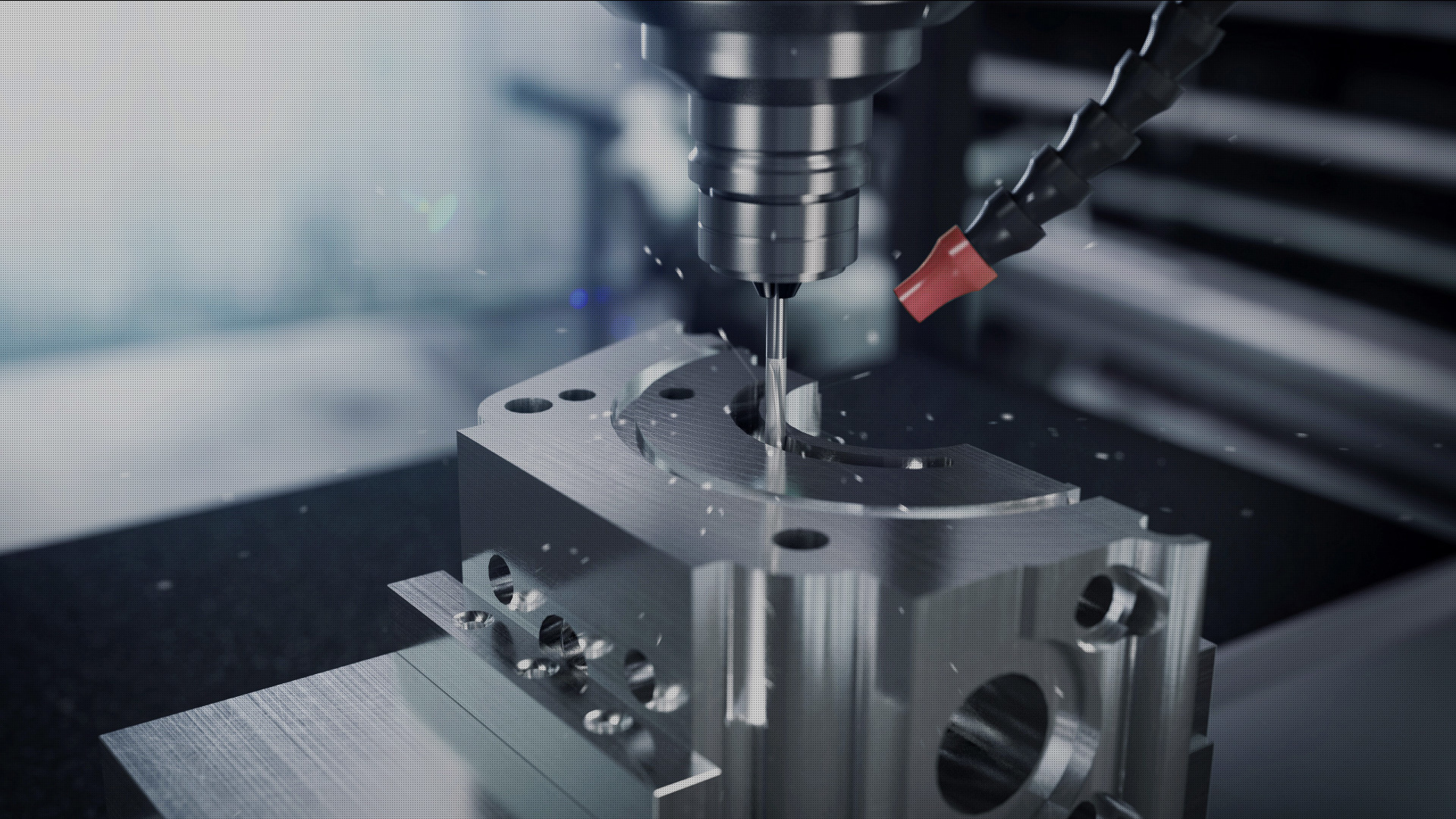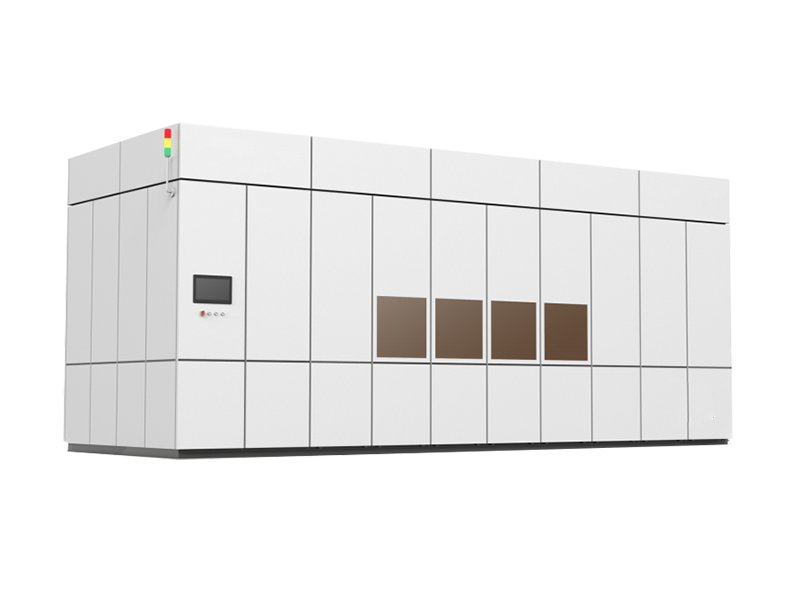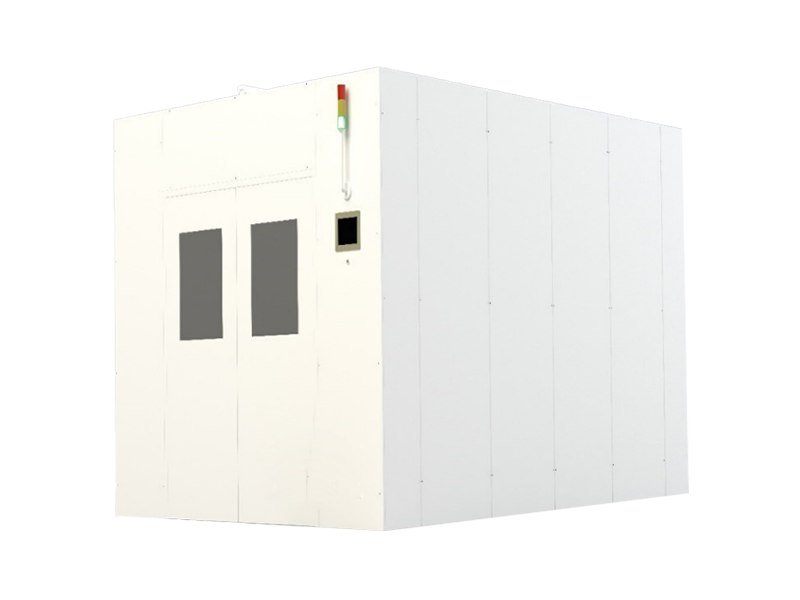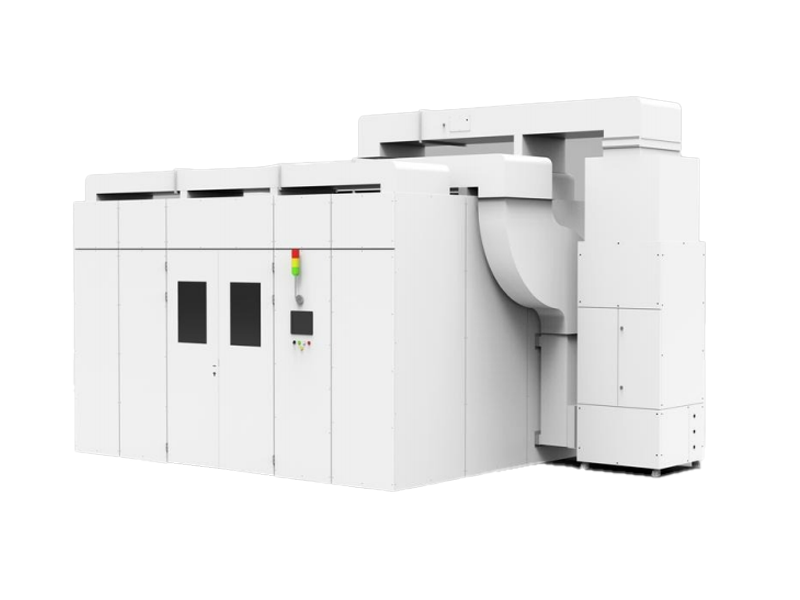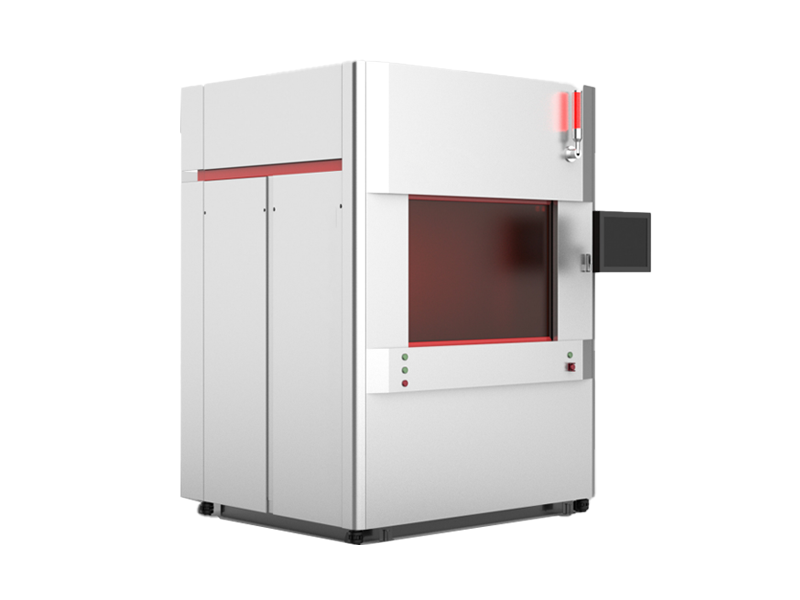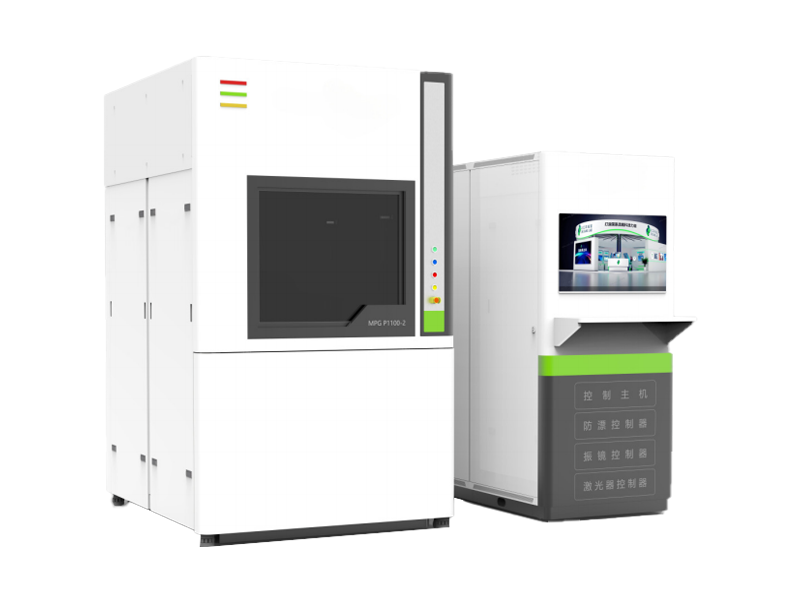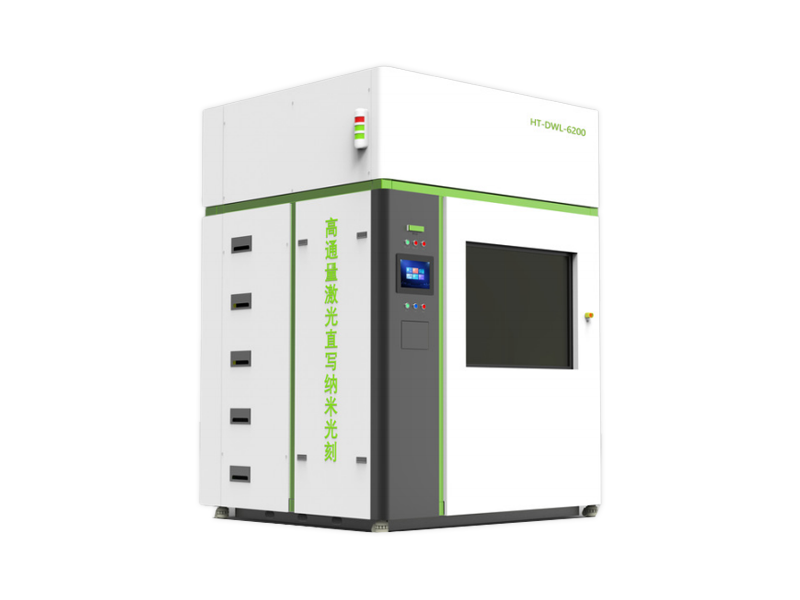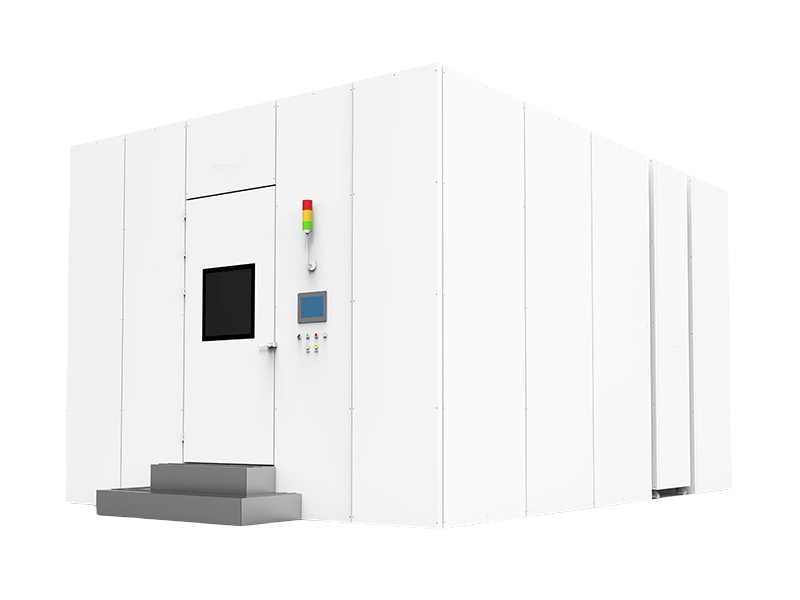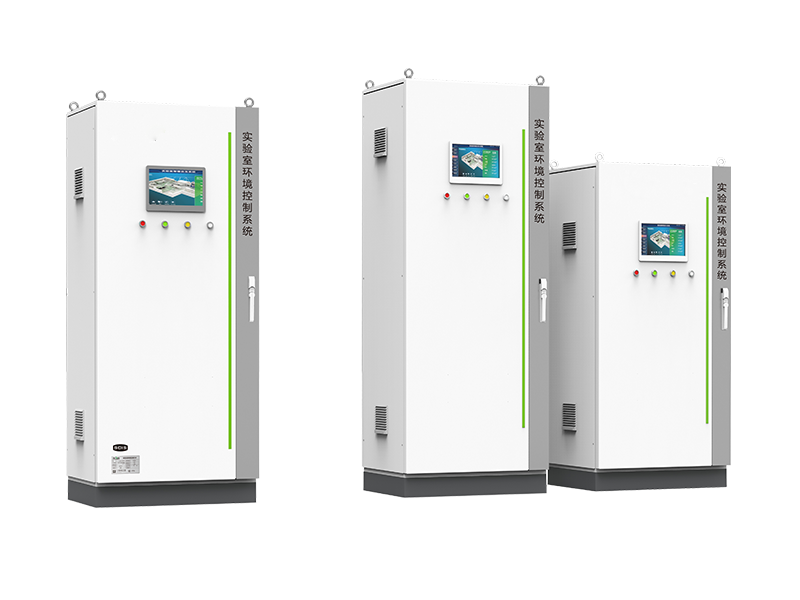Precision Machining
The precision machining industry has clear and strict requirements on temperature, humidity and cleanliness. These requirements are aimed at ensuring the stability of the machining process and the accuracy of the product.
1. Temperature Requirements
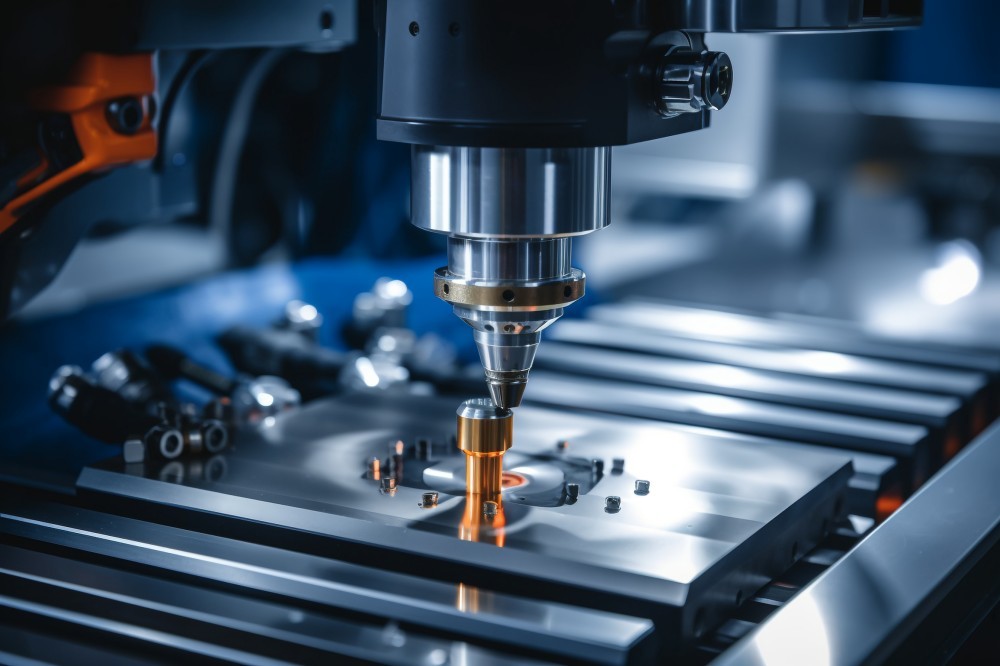 The temperature requirements of the precision machining industry are usually stricter to ensure the normal operation and machining accuracy of the machining equipment. Generally speaking, the temperature of the finishing workshop should be maintained within the following range:
The temperature requirements of the precision machining industry are usually stricter to ensure the normal operation and machining accuracy of the machining equipment. Generally speaking, the temperature of the finishing workshop should be maintained within the following range:
Conventional finishing: The temperature is usually required to be between 20℃ and 24℃. This temperature range can ensure the stable operation of the processing equipment and is also beneficial to protecting the health of the operators.
High-precision or ultra-precision machining: such as grating lines, etc., the temperature control requirements are more stringent, usually required to be within the range of 20℃±0.5℃ to 1℃. Slight temperature changes may cause thermal expansion and contraction of the material, thus affecting the machining accuracy and product quality.
2. Humidity Requirements
Humidity is also critical to precision machining. Too high humidity may cause metal parts to rust or equipment performance to decline, while too low humidity may cause static electricity problems. The humidity requirements of the precision machining industry are as follows:
Conventional finishing: Humidity is usually required to be between 40% and 70% RH, but the more common range is 40% to 65% RH. This humidity range helps maintain the stability of equipment and parts and prevent errors caused by humidity changes.
Specific processing environments: For example, lathes and various metering rooms in some precision machining industries may have more stringent humidity requirements to ensure processing accuracy and product quality.
3. Cleanliness Requirements
Cleanliness is one of the key factors that cannot be ignored in the precision machining industry. Pollutants such as dust and particles in the air may have a serious impact on machining accuracy and product quality. Therefore, precision machining workshops are usually required to meet higher cleanliness standards, as follows:
Air cleanliness: Precision machining workshops should exclude tiny particulate matter that may affect machining accuracy. It is recommended to install an air purifier and replace the filter element regularly to ensure that the air quality in the workshop meets relevant standards.
Dust-free environment: For certain high-precision processing, such as optical instrument manufacturing, it may be necessary to establish a dust-free room or clean workshop to further reduce the dust and particle content in the air.
Other requirements: In addition to temperature and humidity control, precision machining workshops should also maintain good ventilation, no noise, no odor, and no vibration and other environmental requirements to ensure the normal operation of production equipment and the quality stability of products.
4. Anti-microseismic Requirements
The precision machining industry has extremely high requirements for resisting microseisms, mainly because microseisms may have a significant impact on the operating accuracy, product quality and production stability of precision equipment.
The influence of micro-vibration on precision machining
- Reduced equipment operating accuracy : Micro-vibration may cause tiny displacements of the moving parts of precision equipment, thereby affecting the equipment's operating accuracy.
- Damaged product quality : During precision machining, tiny vibrations may cause machining errors, which in turn affect the product's dimensional accuracy, surface quality, etc.
- Reduced production stability : Micro-seismicity may cause unstable operation of equipment, resulting in reduced production efficiency or even equipment damage.
Specific requirements for the precision machining industry to combat microseismicity
-
Factory design and construction :
- The factory building should be located in an area with stable geological conditions and away from vibration sources.
- The factory building design should adopt vibration isolation measures such as vibration isolation foundation and vibration isolation trench to reduce the impact of external vibration on the equipment in the factory building.
- The interior of the factory should be reasonably laid out to avoid mutual vibration transmission between equipment.
-
Equipment selection and installation :
- Precision equipment should use equipment models with good vibration isolation performance.
- When installing the equipment, professional vibration isolation pads, shock absorbers and other vibration isolation elements should be used to reduce the equipment's sensitivity to external vibrations.
- Select environmental control equipment that is resistant to micro-seismic effects.
-
Vibration monitoring and control :
- Vibration sensors and data logging equipment should be installed to continuously monitor the vibration environment around the equipment.
- Through data analysis, abnormal vibration sources can be discovered and handled in a timely manner to ensure that the equipment operates in a stable vibration environment.
-
Operator training and management :
- Operators should receive professional vibration control training to understand the impact of micro-seismicity on precision machining and the countermeasures.
- A comprehensive vibration control management system should be established to ensure that operators can perform operations and maintenance in accordance with specifications.
Actual cases and applications
Taking integrated circuit manufacturing as an example, processes such as plate making and photolithography need to control environmental micro-vibration to an extremely low level, such as VC-E or VC-F level, that is, the vibration speed should be less than 3μm/s or 1.5μm/s. There are also strict micro-vibration control requirements for the production of display devices such as TFT-LCD, LED and OLED. These requirements have prompted the precision machining industry to continuously innovate and improve in terms of plant design, equipment selection, vibration monitoring and control.
*The above content is for reference only. For specific equipment selection, please contact us to customize the solution according to your site conditions.
Related Products
Polar Measurement (Nanjing) Technology Co., Ltd., as a mature manufacturer of high-precision environmental control equipment, we focus on innovation and development, and are committed to providing customized environmental control solutions for global enterprises, with strict temperature, humidity and cleanliness standards. Inject efficiency into your production environment.
immediate consultation
You can leave us your needs or suggestions online, and we will reply to you as soon as we receive them.


